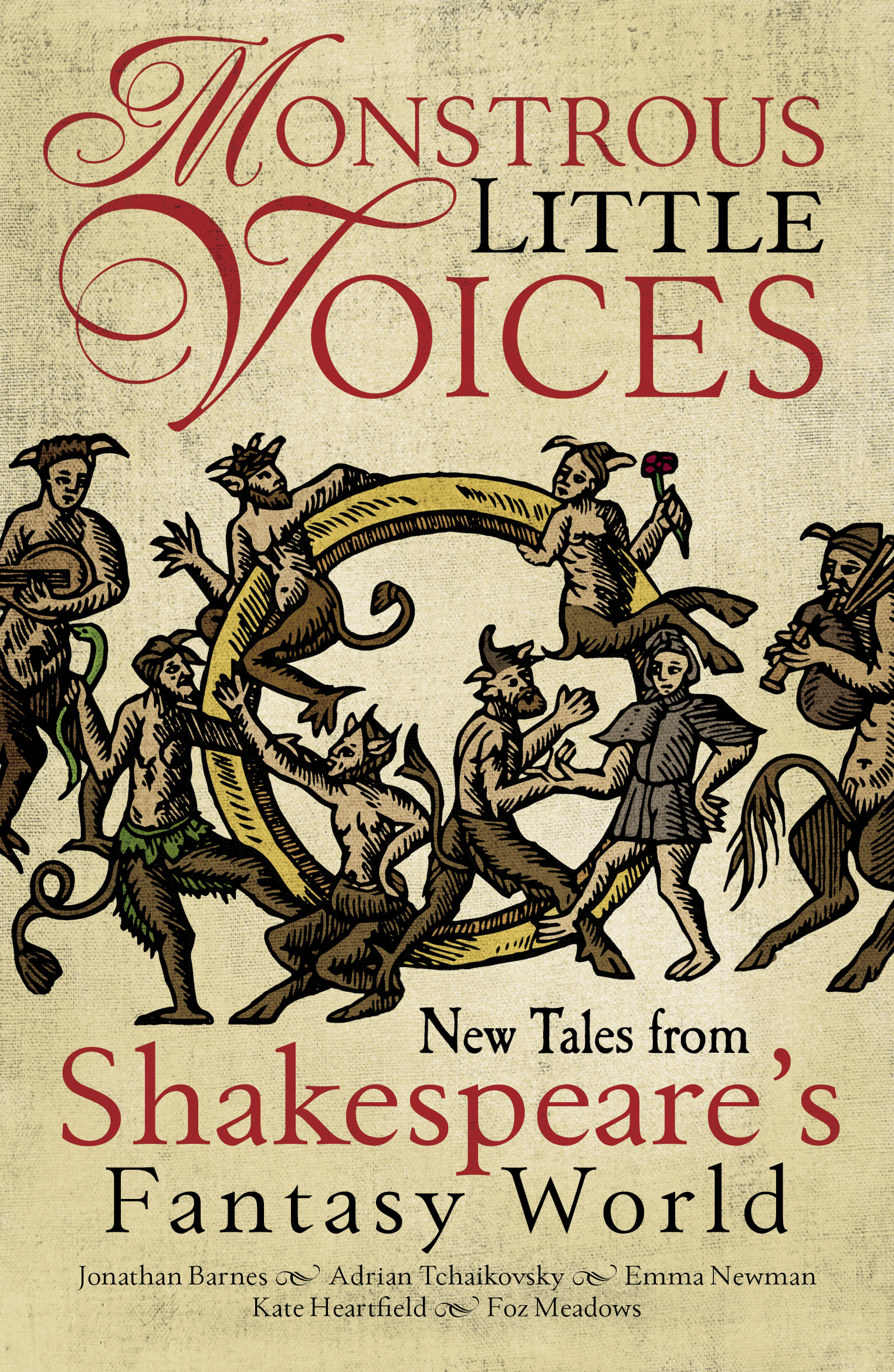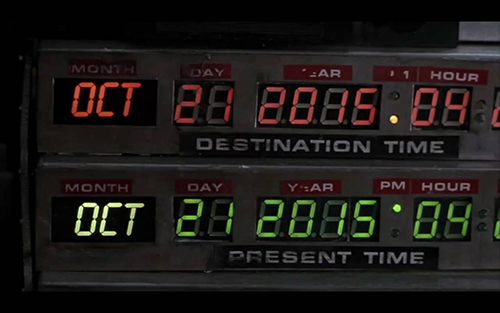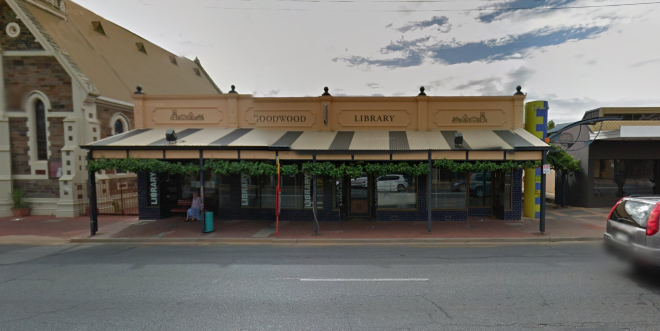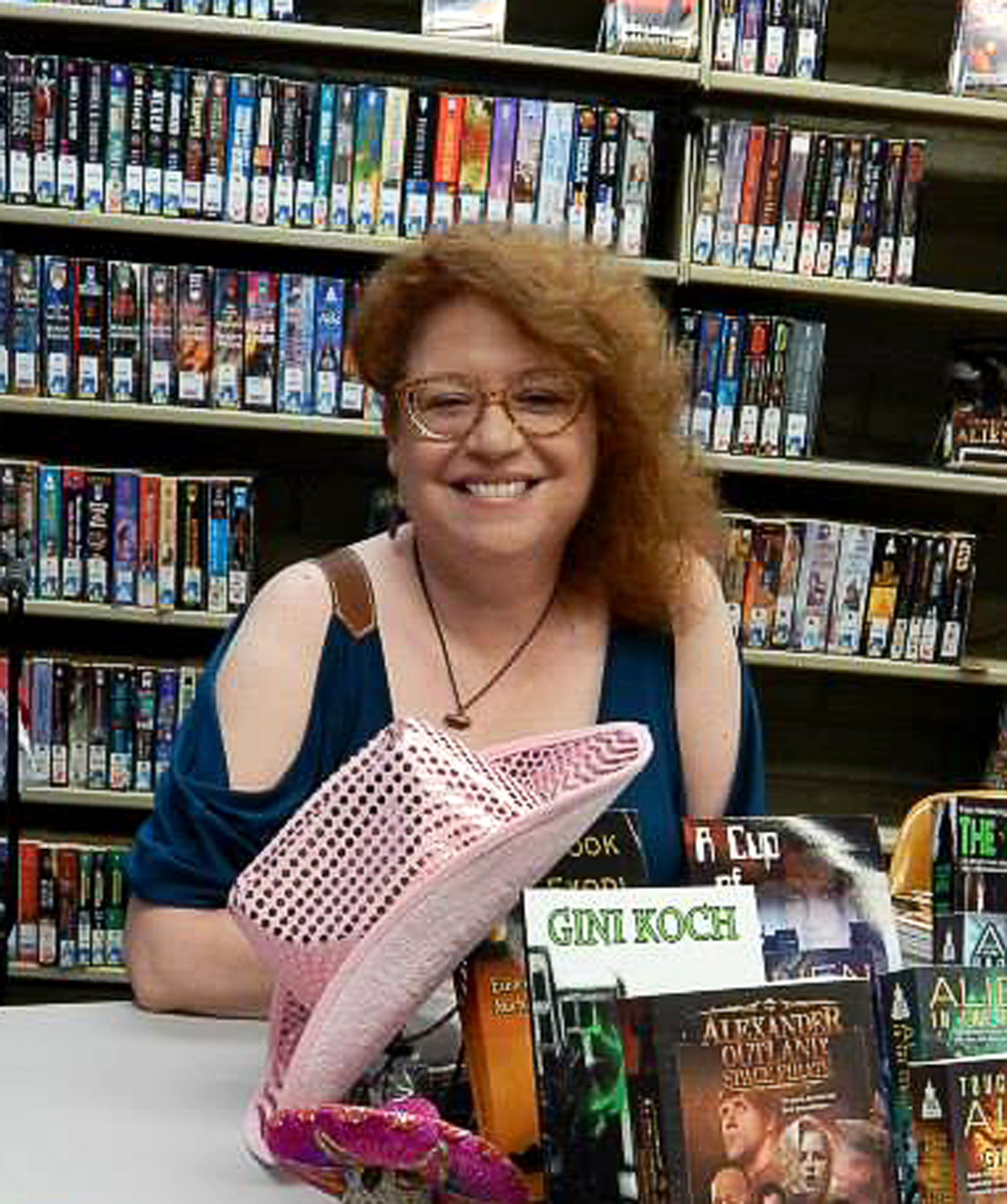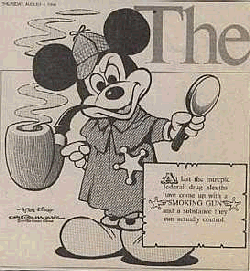
Hey there!
So with Abaddon’s 2017 Open Submissions Month just around the corner, I’ve been asked to knock together a few short blogs on submitting: what you should be looking to submit, how to grab my attention, and so on. I’ve a few topics in mind, but I figured the best way to start is by talking about what worked before.
So let’s talk about our past winners. Any submissions pile is a big ol’ heap, and there’s usually lots more that are good enough to publish than there are spaces on the publishing schedule. So what made them stand out? Why did I pick this handful of stories rather than any of the other great submissions?
All these answers and more below…
2012
My first ever submissions stack! There were some great ideas extending our existing lines – hyperspace-jumping children for Weird Space, baby farming in the Afterblight Chronicles (not to eat, although the story was still pretty unsettling), vampires in Pax Britannia – but unsurprisingly I received many more pitches for new worlds. In the end I picked one of each, chiefly on the strength of the proposals (although both were well-written):
Dead Stop by Mark Clapham. The Tomes of the Dead series is all about the high concept. Zombies are a large, noisy genre full of very samey stories, and what we’ve done from the outset is find ways of turning them on their heads: historical settings, weird genres (zombie gumshoe, zombie love triangle) and mashups (zombies vs vampires), and so on. Mark’s pitch tickled me from the outset: a zombie/ghost story mashup, in which a Sixth Sense-style medium is asked to kill a mindless zombie… by her own ghost.
Under the Skin by E. E. Richardson. I like the big, the flashy and the high-camp as much as the next reader, but the stuff that really fires my imagination is surprisingly quotidian; worlds that feel immediate and familiar, where the supernatural or science fictional is grounded in the real. Elizabeth’s Ritual Crime Unit proposal did this wonderfully: a regional police procedural straight off ITV with a great protagonist, where (unreliable, poorly understood, but unquestionably real) ritual magic is a problem the police sometimes have to deal with.
As a matter of fact, I also picked up two other writers, Malcom Cross and C. B. Harvey, whose pitches didn’t grab me, but whose voice and writing were enough to inspire me to ask them to pitch again. They both gave me fantastic novellas for The Afterblight Chronicles, and Malcolm went on to co-write Extinction Biome: Invasion and Colin now works as a game writer for Rebellion Developments, our parent company!
2015
As part of the tenth-anniversary Abaddon X celebrations, we threw the doors open again. Again there were far more pitches for new worlds – a society driven by alchemy, a world where superheroes and villains rig showdowns for publicity – than our existing series, and this time I chose three: two set in our existing worlds and one new world.
The Lazarus Conundrum, by Paul Starkey. Again, Tomes of the Dead is mostly about the high concept, and Paul’s post-zombie-apocalypse world was a joy: in a world where everyone rises again where they die, everyone has excellent health care and unremovable heartrate monitors, and the paramedics’ main job is to double-tap you when they come to collect. So what happens when, for the first time in years, someone doesn’t come back as a zombie?
Rupert Wong, Cannibal Chef, by Cassandra Khaw. The concept here was neat – Kuala Lumpur, a gangster/sorcerer-turned-chef, a noir plot about a murder – but the voice was the thing. Chuck Wendig kicked Gods and Monsters off with a distinctive voice, sarcastic and baity, and Stephen Blackmoore followed him brilliantly; anyone stepping into that world had their work cut out. Cass’s submission was incredibly polished, and the voice was perfect. Rupert is witty, ironic, callous and breezy, and fits in the world of shitty gods and awful humans like he was born there.
Midnight in the Garden Centre of Good and Evil, by Colin Sinclair. There were any number of radical new series ideas, and if you’d asked me in advance, I’d have said something simple and traditional was the last thing I was looking for. But on the face of it, Tomes of the Dead is a simple, traditional concept – literally just “zombie novels with a difference” – and it consistently produces some of our most off-the-wall stories. Colin’s idea of “alien invasions with a difference” was striking in its simplicity, and Garden Centre carried overtones of Kevin Smith’s Clerks and Ed Wright’s The World’s End that I loved.
Take from this what you will! For my money, I’d say: if you want to be like these guys, then surprise me; turn things upside down; hit me with a fun, distinctive voice.
Next week: Subverting Genre…
